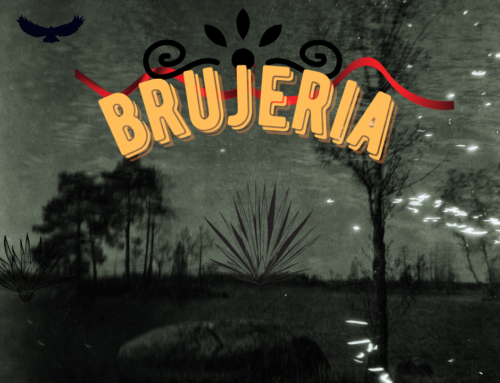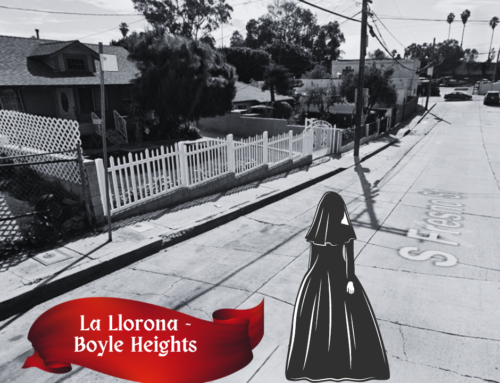When I started writing this novella, I did not consciously set out to bust Latina stereotypes.
You know the ones I’m talking about because they’re popular in movies and TV shows: the maid, the fiery-tempered Latina, the Latina who wears tight clothes and shows lots of cleavage. Then there is the sultry Latina, the curvy Latina, and the conniving Latina.
None of these Latinas appear in The Monsters of Chavez Ravine.
The main character, 22-year-old Trini Duran, is feisty and independent, and not much of a talker. She’s also five-seven, tall like my mother and a few other women in the family. Trini enjoys dressing up, but she’s also practical. So, when the monsters appear and it’s clear she’ll need to do a lot of running, she swaps her skirt for dungarees and low heels for boots. She even quits her pin curl routine in favor of low-maintenance braids. Trini works in a grocery store, but she also attends community college.
Trini’s friend, Weechie, is more of a glamorous girl. I gave her the same pink-collar job as my paternal grandmother: seamstress to a designer.
There’s also Rose Delgado, a Spanish translator. She has a towering platinum bouffant like my Aunt Vita and the same job as a woman in my extended family.
The oldest female character, Bertita, is cranky and loosely based on my maternal grandmother, who also used a cane and smoked more than was good for her.
None of the women are from Mexico. None of them are poor. While immigrants made their home in the old neighborhoods of Chavez Ravine, I didn’t feel I could accurately portray their experiences. All my family, on both sides, were born in the U.S. And while some residents of Palo Verde, Bishop, and La Loma struggled and lived in poverty, the characters in my novella are small business owners or have white or blue-collar jobs that pay the bills. They also own property, which gives them the impetus to resist eviction by the city of L.A., which wants the land to build a housing project.
The women in the novella are also diverse in another important way: age.
Trini and Weechie are young, but the rest are middle-aged, and Bertita is around seventy.
As an author, I have complete control over the portrayal of the characters in my book. I just hope one of these days, writers and producers will move beyond the stereotypes they often assign to Latina actors.





Leave A Comment